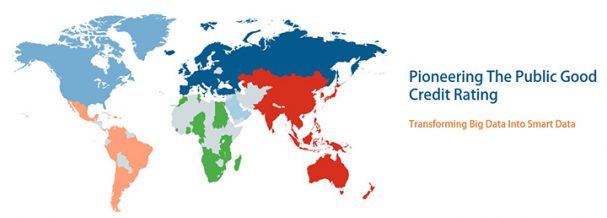| |
The RMI’s Credit Research Initiative (CRI) team has conducted a two-day training program at the International Monetary Fund (IMF) headquarters in Washington DC in October 2018, following the successful upgrade to the browser-based Bottom-up Default Analysis (BuDA) platform (BuDA v3.0). The CRI has been developing advanced interfaces to make deep credit analytics even more accessible. Supported by the corporate default database at CRI, BuDA is a toolkit for credit stress testing initially developed by the CRI in collaboration with the IMF. The browser-based BuDA is built on cutting-edge technologies such as the Julia language, cloud computing, application programming interfaces (APIs) and Python, and provides comprehensive stress testing assessment with simple clicks. As compared to the former MATLAB-based BuDA, the online version does not require users to install any extra software packages, neither does it take up users’ computing resources; everything is managed in the cloud by the CRI servers. Leveraging on the CRI’s expertise in credit risk analytics, BuDA has also been customized for usage by several central banks around the world, enabling them to conduct region-specific stress testing and forecast under user-specified scenarios. The CRI (https://www.rmicri.org) was founded in the wake of the 2008 Global Financial Crisis, with the aim to reform credit rating industry and produce transparent, independent, and high-quality credit risk measures for every single exchange listed company around the world. Starting with the coverage of 12 economies in Asia-Pacific in 2010, the CRI has achieved such a goal in 2017. As of October 2018, the CRI covers over 68,000 public firms and produces daily updated Probability of Default (PD), Actuarial Spread (AS), and Probability of Default implied Rating (PDiR) for over 35,000 currently active firms in 128 economies. In addition to its continuous effort to refine the PD model, the CRI team has also been developing other credit risk assessment solutions, such as BuDA, Bottom-up Portfolio Credit Analysis (BuPCA), online credit assessment calculator for SMEs, etc. With the high-quality smart data and customized solutions from the CRI, users can conduct more comprehensive analysis in their portfolios and gain better insight for their decision making.
|
|


